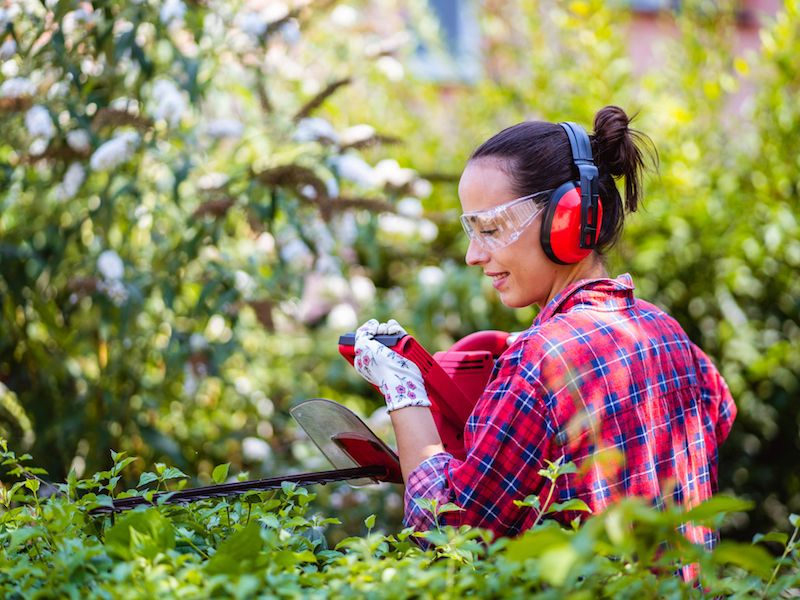
Safeguarding your hearing is much like eating right. It sounds smart, but not many of us have a good idea of where to begin. If there aren’t any noticeable noise dangers and you don’t consider your daily environment to be very noisy, this is especially true. But your ears and senses can be stressed by everyday living, so your auditory acuity can be preserved if you apply these tips.
The more you can do to delay the degeneration of your hearing, the longer you’ll be capable of enjoying the sounds around you.
Tip 1: Hearing Protection You Can Wear
The most simple and sensible way that you can safeguard your hearing is to protect your ears. This means that lessening loud and damaging sound is a basic step you need to take.
For most people, this will mean utilizing hearing protection when it’s needed. Hearing protection commonly comes in two basic forms:
- Ear Muffs, which are placed over the ears.
- Ear Plugs, which are placed in the ear canal.
Neither form of hearing protection is inherently better than the other. There are benefits to each type. What’s essential is that you pick some hearing protection that you feel comfortable wearing.
Tip 2: When Sound Becomes Dangerous, be Aware of It
But
Usually sounds become harmful at the following thresholds:
- 85 decibels (dB): This level of sound is dangerous after about two hours of exposure. This is the level of sound you’d expect from a busy city street or your hairdryer.
- Over 100 dB: Your ears can be very rapidly damaged by this. Anything above this threshold can injure your hearing in minutes or seconds. Jet engines and rock concerts, for instance, can damage your hearing in about thirty seconds.
- 95-100 dB: This is about the noise level you’d get from farm equipment or the normal volume of your earbuds. After about 15-20 minutes this volume of sound becomes harmful.
Tip 3: Your Phone Can Be a Sound Meter
Now that we have a general concept of what levels of noise may be dangerous, we can take some precautions to make sure we minimize our exposure. The trick is that, once you’re out in the real world, it can be challenging to gauge what’s too loud and what isn’t.
That’s where your smartphone can become a handy little tool. There are dozens of apps for iPhone, Android, and everything in between that turn your device’s microphone into a sound meter.
In order to get an understanding of what dangerous levels of noise really sound like, use your sound meter to confirm the decibel level of everything you are hearing.
Tip 4: Keep Track of Your Volume Settings
A smartphone with earbuds is usually the way people listen to music these days. Your hearing is put in danger with this combination. Over time, earbuds set to a substantially high level can cause considerable damage to your ears.
That’s why safeguarding your hearing means keeping a sharp eye on your volume management. You should never raise the volume to drown out noises somewhere else. And we suggest using apps or configurations to ensure that your volume never accidentally become hazardously high.
Earbud use can become something of a negative feedback loop if your hearing starts to wane; you could find yourself constantly raising the volume of your earbuds so that you can compensate for your faltering hearing, and in the process doing more damage to your ears.
Tip 5: Have Your Hearing Checked
You might think that having a hearing exam is something you do only when your hearing starts to wane. Without a baseline to compare results to, it’s not always easy to identify a problem in your ears.
Scheduling a hearing screening or exam is a great way to come up with data that can be used for both treatment and diagnostic purposes, ensuring that all of your future hearing (and hearing protection) decisions have a little bit of added context and information.
Pay Attention to Your Hearing
It would be perfect if you could always protect your ears without any problems. But there will always be difficulties. So safeguard your hearing when you can, as often as possible. Also, get regular hearing exams. Use these suggestions to improve your chances.
